'A large-scale new study has just been published and has found more good news for coffee lovers.' Start your day with health news to see more of this article!
Start your day with health news , readers can also read more articles: Doctors share how to eat to help prevent stroke; Unexpected benefits of cabbage for the kidneys ; 5 warning signs that your body is having clogged arteries...
Unexpected discovery when drinking 3 cups of coffee a day
A large-scale new study just published in the scientific journal Nature Microbiology has discovered more good news for coffee lovers.
Accordingly, coffee is positively related to the gut microbiota, leading to far-reaching health effects.
The gut microbiota is important for many processes in the body, from digestion, nutrient absorption, bowel habits, mental health, immunity...

People who drink more than three cups of coffee a day have eight times higher levels of the bacteria Lawsonibacter asaccharolyticus in their gut.
An international study led by scientists from the University of Washington School of Medicine (USA) used data from a total of 77,000 participants to study the impact of coffee on the human gut microbiota.
They also analyzed more than 400 plasma samples and more than 350 stool samples, conducting two in vitro experiments to find out how coffee might affect the human gut.
The results found that drinking coffee has a significant impact on the gut. Specifically, people who drank more than 3 cups of coffee a day had 8 times higher levels of the bacteria Lawsonibacter asaccharolyticus in their gut than those who drank less than 3 cups or did not drink. The next content of this article will be on the health page on November 27.
Unexpected benefits of cabbage for kidneys
The kidneys play an important role in overall health. Therefore, if the kidneys have problems, the body cannot be healthy. The good news is that new findings show that cabbage actually brings many benefits to the kidneys.
Our bodies have two kidneys whose main function is to filter blood, remove waste from the body and maintain fluid balance. One of the most common kidney problems is chronic kidney disease.
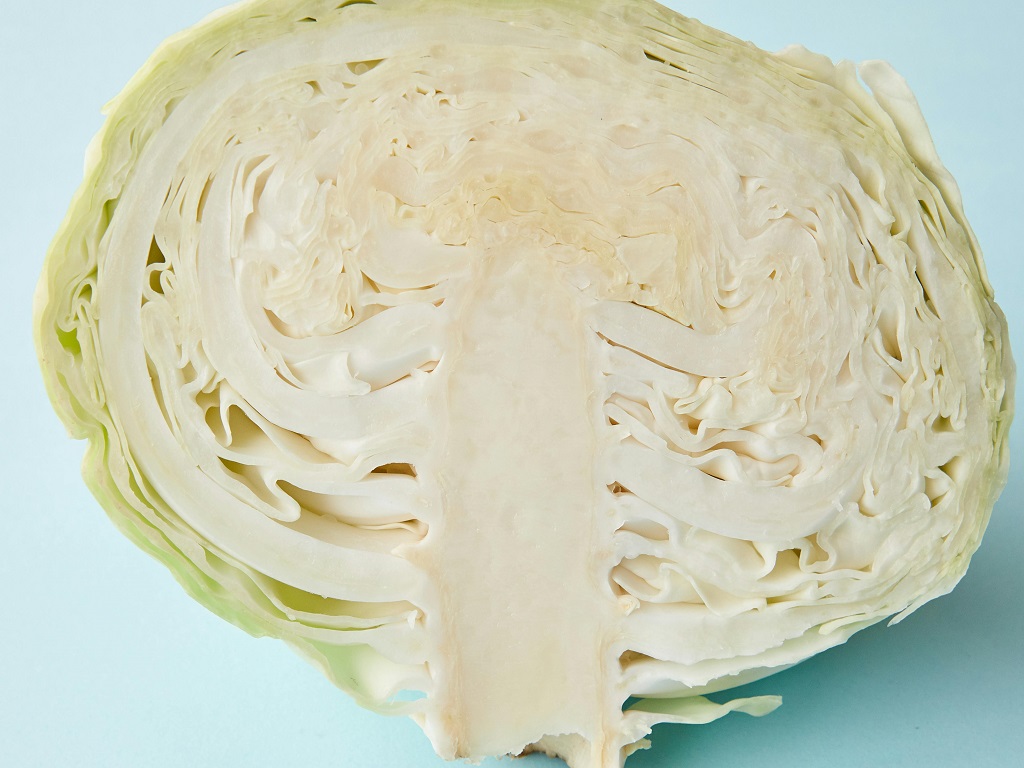
Eating cabbage can help protect kidney health
People with kidney disease should limit their salt intake, foods high in potassium such as bananas, and should stay away from alcohol. Meanwhile, foods that are good for the kidneys include berries, red grapes, olive oil, and fatty fish such as salmon, mackerel, and herring.
Cabbage is also a very good food for kidney health. A cup of shredded cabbage contains about 80 grams of water, more than 2 grams of fiber, 35 mg of calcium and many other nutrients. In addition, cabbage also contains little potassium and vegetable protein. Potassium and protein are nutrients that people with kidney disease should avoid because they can easily make the kidneys work harder to filter these excess substances from the blood.
Whether boiled or eaten raw, cabbage can help reduce kidney toxicity thanks to its high content of vitamin C, folic acid, vitamin B6, fiber and antioxidants. The next content of this article will be on the health page on November 27.
5 warning signs that your body has clogged arteries
Arterial blockage is a dangerous health problem because it can lead to many serious diseases. To detect early signs of arterial blockage, patients need to pay attention to some unusual signs of the body.
Arteries are blood vessels that carry oxygen-rich blood throughout the body, from the brain to the toes. If the arteries are healthy, the blood will flow well and not be blocked. However, if plaque builds up on the walls of the arteries, it can reduce blood flow or even block them completely.
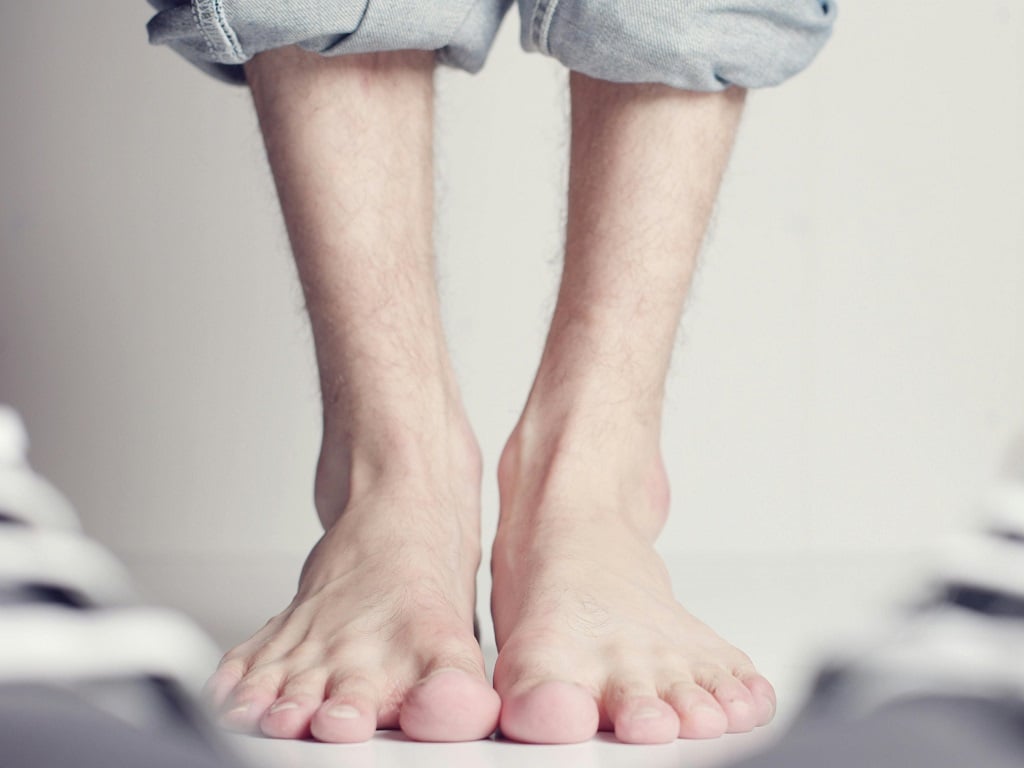
Feet that are frequently cold to the touch is a sign of peripheral arterial obstruction.
Therefore, early detection of blocked arteries is very important because it helps detect health risks early, thereby having appropriate intervention measures. Warning signs of blocked arteries include:
Angina. Angina can result from reduced blood flow to the heart due to plaque buildup in the artery walls. The pain often begins in the breastbone and may spread to the arms, shoulders, jaw, and upper back. People with persistent chest pain should see a doctor as soon as possible.
Shortness of breath. Shortness of breath is a common symptom of pulmonary embolism. For normal people, feeling short of breath after climbing stairs or exerting yourself is normal. However, people with pulmonary embolism will have shortness of breath for longer, more often, and it can appear even when they are less active. Start your day with health news to see more of this article!
Source: https://thanhnien.vn/ngay-moi-voi-tin-tuc-suc-khoe-uong-3-tach-ca-phe-moi-ngay-co-the-se-the-nao-185241126231001444.htm


![[Photo] Prime Minister Pham Minh Chinh chaired a meeting to discuss solutions to overcome the consequences of floods in the central provinces.](https://vphoto.vietnam.vn/thumb/1200x675/vietnam/resource/IMAGE/2025/10/29/1761716305524_dsc-7735-jpg.webp)
![[Photo] Flooding on the right side of the gate, entrance to Hue Citadel](https://vphoto.vietnam.vn/thumb/1200x675/vietnam/resource/IMAGE/2025/10/28/1761660788143_ndo_br_gen-h-z7165069467254-74c71c36d0cb396744b678cec80552f0-2-jpg.webp)



![[Photo] National Assembly Chairman Tran Thanh Man received a delegation of the Social Democratic Party of Germany](https://vphoto.vietnam.vn/thumb/1200x675/vietnam/resource/IMAGE/2025/10/28/1761652150406_ndo_br_cover-3345-jpg.webp)

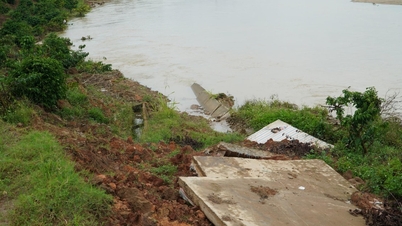





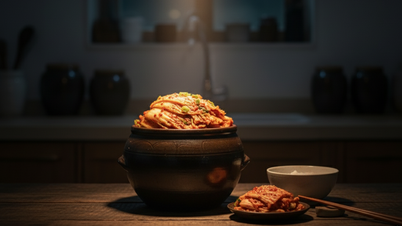
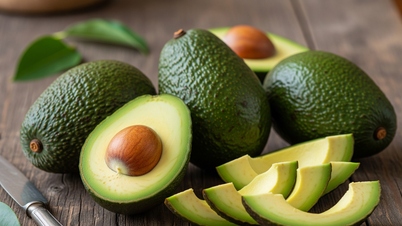
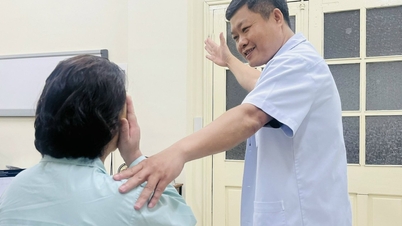
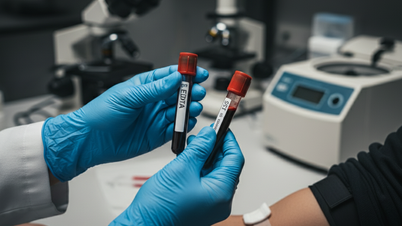
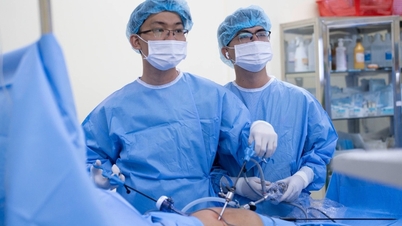


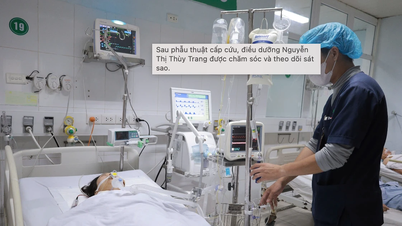

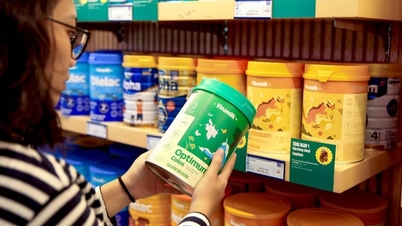










![[Photo] Draft documents of the 14th Party Congress reach people at the Commune Cultural Post Offices](https://vphoto.vietnam.vn/thumb/1200x675/vietnam/resource/IMAGE/2025/10/28/1761642182616_du-thao-tai-tinh-hung-yen-4070-5235-jpg.webp)





































































Comment (0)